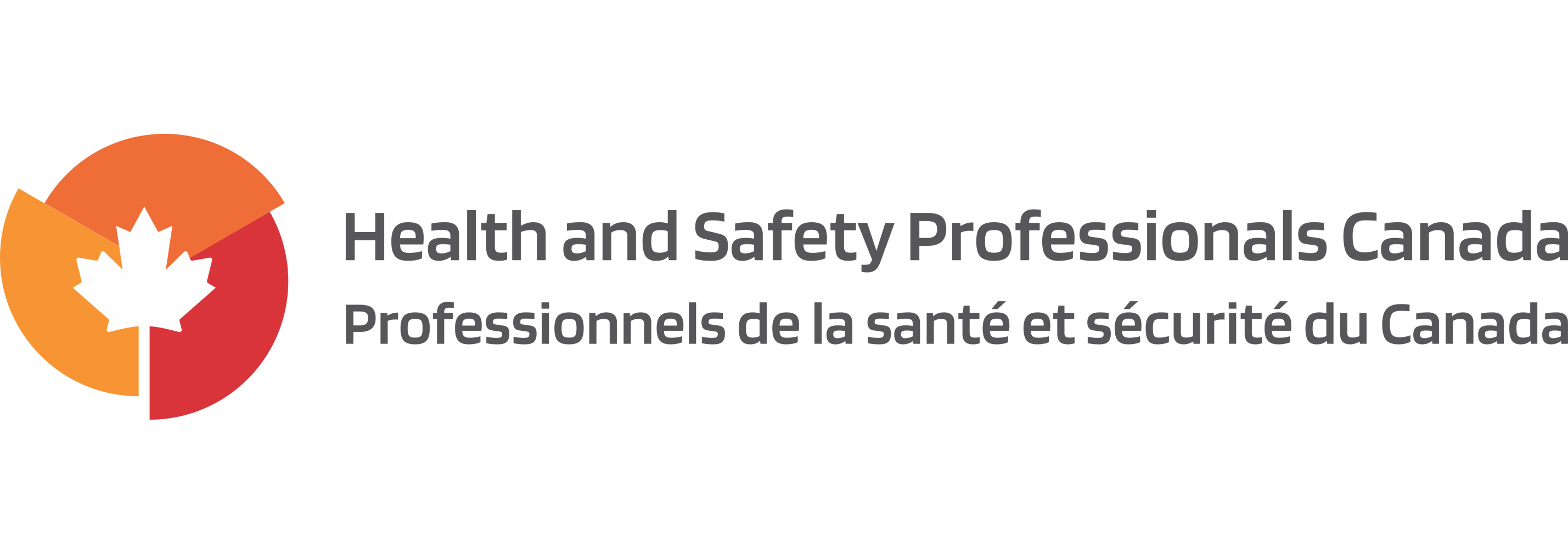Since the first leaders asked about the number of accidents occurring in their operations, health and safety professionals have been tallying and reporting on the number and types of incidents. Reporting has expanded to include rates of injuries, novel data collection tools, and a dizzying array of graphs and charts. The challenge is that much of the data is being misrepresented or underutilized without folks realizing it or knowing what to do about it. We believe OHS data is an underutilized asset. We have found that both published and internally prepared OHS data reports fall short of their intended purpose as they often only describe incidents in detail without answering relevant questions such as what factors increase the likelihood of injuries. In talking to many OHS professionals, data appears to be something that many seem uncertain about, and a little wary in addressing. There is a strong desire to better understand how to produce more impactful data. Through this session we will introduce the key components of data so that you can support your business with better measuring, reporting, and analysis of OHS data.
Mr. Mughal is an experienced health and safety leader with 20 years in OH&S program design, delivery, and management; ergonomics/human factors, and data management, analysis, evaluation and reporting. He has expertise in integrating organizational data sets to identify priorities for management. He has an extensive program evaluation and performance measurement background.
Ken Page is a CRSP and CHSC who has been practicing in the OHS world for over 25 years. He has a degree in Economics and a Diploma in Occupational Sciences. His background includes ergonomics, management systems, systems auditing, facility design and OHS/business integration.
At the end of this session, participants will be able to:
Format: Lecture
Classification: All audiences
